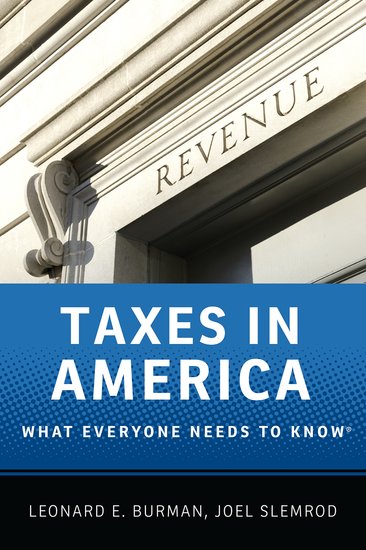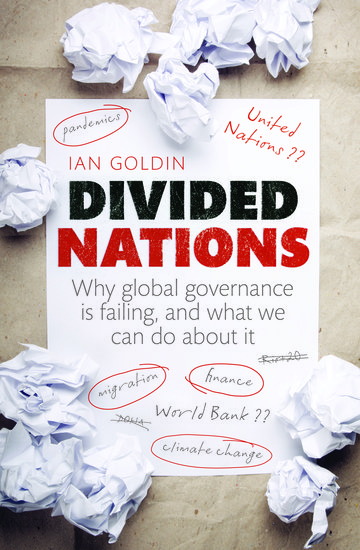Dress as an expression of the pecuniary culture
By Thorstein Veblen
The dress of women goes even farther than that of men in the way of demonstrating the wearer’s abstinence from productive employment. It needs no argument to enforce the generalisation that the more elegant styles of feminine bonnets go even farther towards making work impossible than does the man’s high hat.












